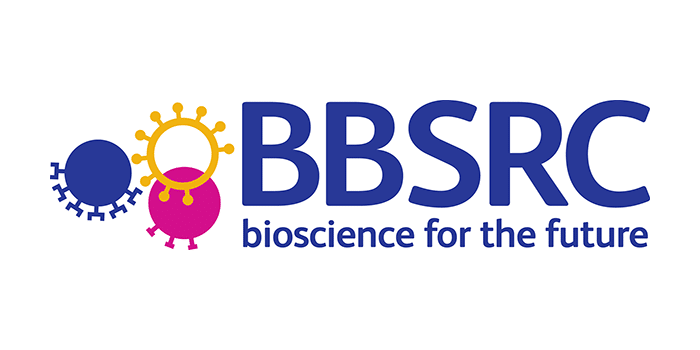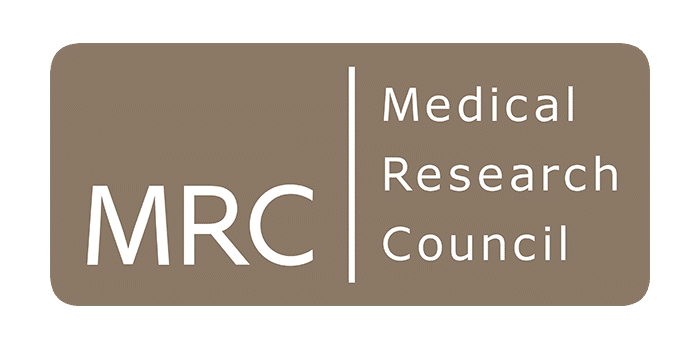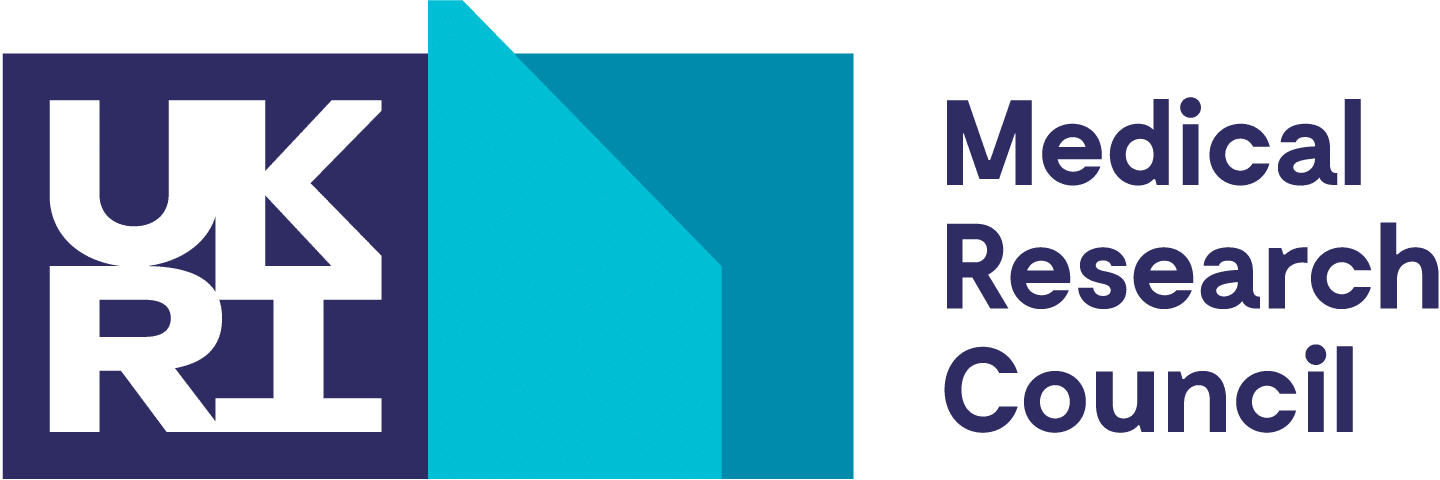One of the main stumbling blocks in regenerative medicine is the inefficient delivery of targeted therapies. Dr James Dixon (UKRMP1 Acellular Technologies Hub), has developed a highly efficient system using small proteins that target the cell’s sugar coating (heparan sulphate).
The tethered therapeutic molecules are delivered at high levels inside cells meaning they have much more effect at significantly lower doses. This approach is called GET (Glycosaminoglycan-enhanced transduction) technology.
GET technology has been patented and licenced by Locate Therapeutics (a University of Nottingham Spin-out SME) for application to orthopaedic regenerative medicine. Here the technology will be integrated with other patented technology to enhance bone healing using biodegradable implants. The team is actively pursuing many other regenerative medicine applications including GET to reprogramme differentiated cells to stem cells (iPSCs), programme cells to clinically relevant cell-types for therapy (eg. cardiomyocytes) and to enhance gene-editing platforms (CRISPR/Cas9). GET is also being used to create gene-activated scaffolds for skeletal tissue engineering (with Professor Fergal O’Brien, RCSI, Ireland) and due to the nature of GET (targeting heparan suphate) also shows promise for developing cell-type specific delivery methods for cancer targeting.
To move rapidly towards clinical translation the Dixon team is collaborating with Prof. Justin Hanes and Jung Soo Suk at John’ Hopkins University in the USA to develop delivery of therapies into the brain and lung. Proof-of-principle has been obtained to show that GET can efficiently mediate gene-therapy in the mouse lung and this will now be extended to create a genetic medicine which could tackle a number of lung disorders, including cystic fibrosis (in collaboration with members of the UK Cystic Fibrosis gene therapy consortium). Through this collaboration GET delivery will hopefully become one of the first UKRMP Acellular Hub technologies to reach first-in-man trials.
Our partners










